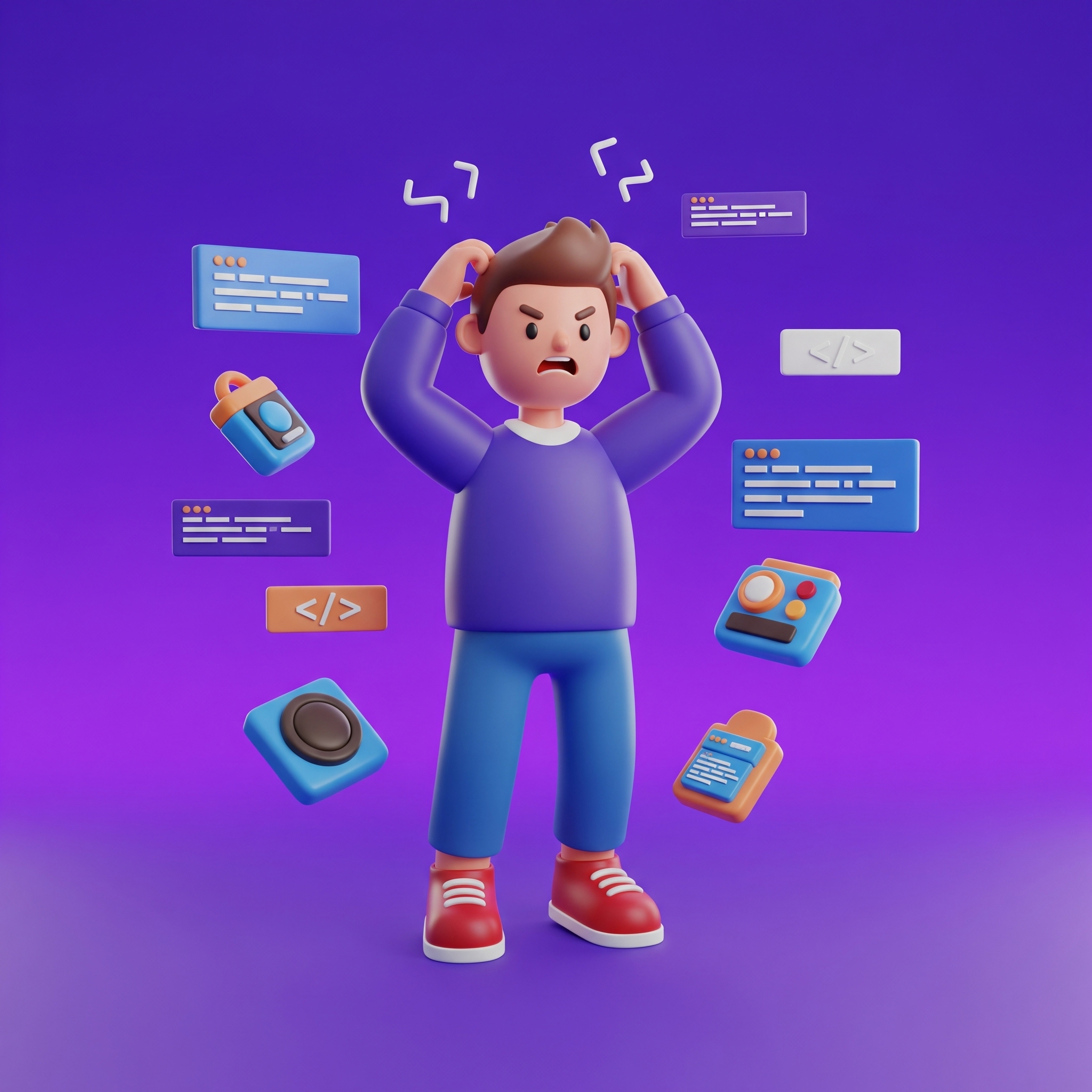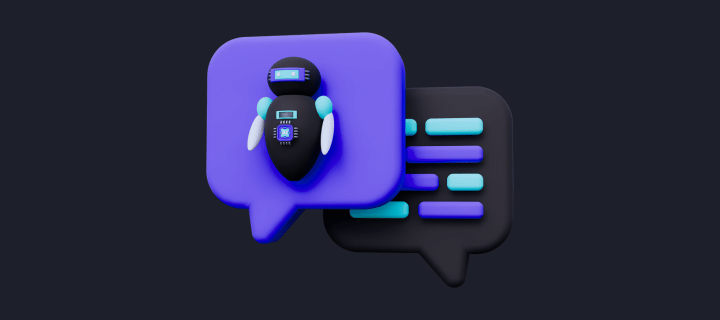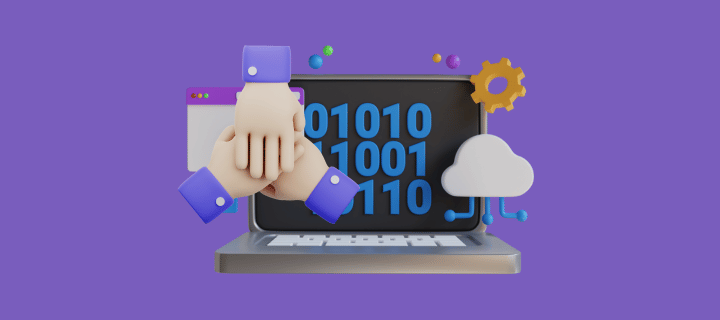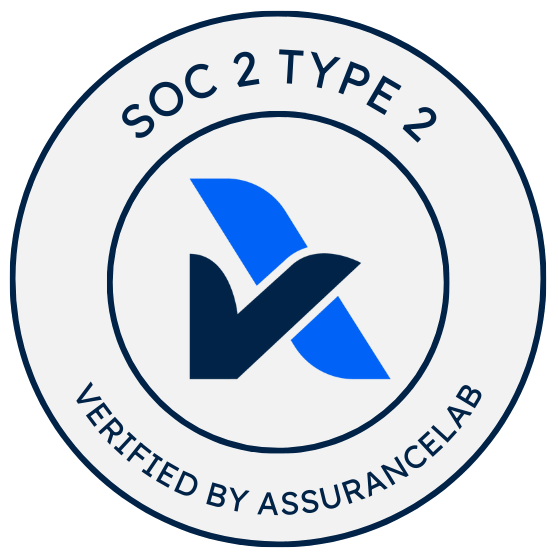
AI and institutional knowledge: The dynamic duo in code collaboration
Understand how AI and institutional knowledge are revolutionizing code collaboration, from real-time reviews to capturing team wisdom.

Key takeaways
- AI preserves knowledge from senior developers, bridging gaps when teams change.
- Be mindful of AI inheriting biases from your codebase—an often-overlooked risk in AI-driven code reviews.
- Compliance matters: legal frameworks like GDPR impact AI-driven code collaboration.
- AI helps keep coding best practices dynamic, reducing reliance on static style guides.
- AI can accelerate onboarding, aligning new hires with your team’s coding standards from day one.
The evolution of code collaboration
Remember when git push -f felt like pressing a self-destruct button? Simpler
times. We’ve evolved from manually emailing patches and hoping they merge
cleanly to using pull requests, CI/CD, and automated workflows.
But another shift is underway: the fusion of AI and institutional knowledge. Let’s unpack what that means for developers.
The good, the bad, and the overlooked in traditional code reviews
What works well:
- Peer reviews help maintain quality and catch issues early.
- They offer opportunities for mentorship and knowledge sharing.
Where they fall short:
- Reviews take time, delaying feature delivery.
- Mistakes slip through, leading to regressions and rework.
What needs to change:
- Superficial “LGTM” approvals that lack real feedback.
- The loss of critical team knowledge when experienced devs leave.
AI’s role in refining code reviews
Real-time feedback
AI-powered tools like DeepCode and Codacy analyze patterns across repositories, providing instant feedback on potential security risks and performance issues.
PullFlow takes this a step further by integrating with GitHub, Slack, and VS Code, ensuring AI-driven insights reach developers where they already work. By analyzing millions of codebases, these tools function like an ever-present senior engineer, helping teams maintain consistency and code quality without disrupting workflows.
Learn more about PullFlow’s Slack integration.
AI-assisted code generation
Beyond review, AI is now generating code itself. With tools like OpenAI’s Codex, developers can describe a feature in plain language and receive functional, well-structured code in return.
This isn’t just about automation—it’s about accelerating development while preserving coding standards.
Explore AI’s role in shaping institutional knowledge.
Institutional knowledge: The untapped resource
Every team has its own way of solving problems, making decisions, and structuring projects. Too often, this knowledge is:
- Scattered across old Slack threads and undocumented decisions.
- Lost when experienced developers move on.
- Hard to access for new team members.
Capturing team expertise
AI can bridge these gaps by analyzing past reviews, commit messages, and discussions to extract meaningful patterns. This doesn’t just create documentation—it integrates knowledge directly into development workflows.
AI-driven collaboration: Smarter, not just faster
Context-aware code reviews
Imagine a review system that understands your team’s unique preferences—flagging non-standard dependencies or suggesting best practices based on historical decisions.
PullFlow’s AI-driven approach aims to do just that by learning from previous PRs and adapting to your team’s evolving standards.
See how PullFlow optimizes code review workflows.
Evolving best practices
Static style guides quickly become outdated. AI can help maintain and adapt best practices over time, ensuring they reflect the latest learnings from your team’s real-world work.
Demystifying code review metrics.
Virtual pair programming
Pair programming has long been a gold standard for knowledge transfer and quality control. But time zones, availability, and workload constraints often get in the way.
AI-powered assistants can fill this gap by:
- Offering contextual code suggestions.
- Predicting potential issues based on past bugs.
- Generating documentation alongside development.
Read about AI’s role in automated and manual code reviews.
Navigating AI’s challenges
Ethical considerations
As AI gets more embedded in workflows, teams must address:
- Data ownership: Who controls the knowledge AI learns from your codebase?
- Bias: If AI learns from flawed patterns, it may reinforce bad practices.
- Compliance: Legal requirements like GDPR can impact how AI handles code insights.
AI is here to enhance, not replace
“AI isn’t replacing developers—it’s amplifying their capabilities.”
AI isn’t going to design innovative solutions or replace human creativity. Instead, it helps developers focus on higher-value work by automating routine tasks.
AI beyond code: The bigger picture
Automated documentation
Maintaining accurate documentation is an ongoing challenge. AI can:
- Extract insights from discussions and commits.
- Generate contextual documentation automatically.
- Keep documentation in sync with evolving codebases.
Faster onboarding
New developers often spend weeks ramping up. AI-powered guidance can:
- Provide real-time feedback aligned with team standards.
- Surface past discussions relevant to new features.
- Ensure consistency in onboarding workflows.
See how AI can improve code reviews for remote teams.
The future is in our hands
AI is reshaping how we collaborate on code—but it’s not a set-it-and-forget-it solution. Developers must guide how these tools evolve to ensure they align with real-world needs and ethical considerations.
The best teams won’t just adopt AI; they’ll tailor it to fit their unique workflows, ensuring that human expertise remains at the core of development.
Where do you see AI fitting into your code review process? Let’s shape the future together.


